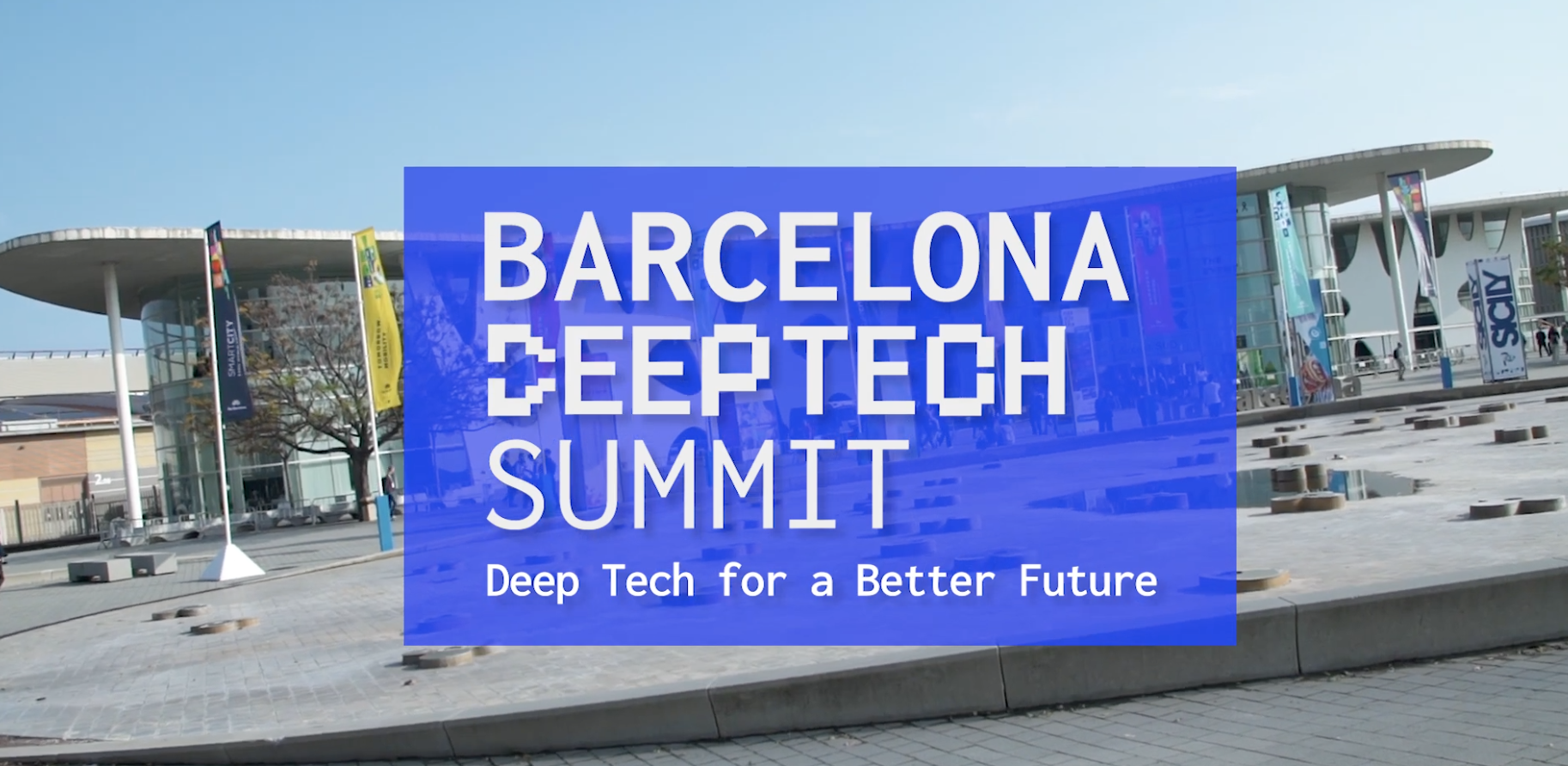For two days in November, more than 400 entrepreneurs, investors, policymakers, and corporate leaders gathered to explore how exponential technologies are impacting economies, human health, and planetary sustainability.
Singularity Spain organized this interesting gathering with the mission to help leaders adopt exponential thinking and drive large-scale societal impact. The event’s mission aligns closely with the goals of the Silicon Valley-born Singularity University ecosystem, founded by Peter Diamandis and Ray Kurzweil in 2008, with backing from NASA and Google.
With ‘Beyond Future’ as a general theme, the conference’s focus was on preparing for technological disruptions thoughtfully, rather than being swept away by uncritical enthusiasm.
Across panels and sessions, top speakers, like Dr. Tiffany Vora from Singularity University, Anne Connelly from Boston University, Christianna Taylor from Galactiv, Ergin Kamberov from Embermind Technologies, and many others, highlighted the impact of exponential technologies in industries like biotech and longevity, space economy, blockchain and decentralization, and AI and autonomous organizations.
AI startups and the youth-led wave
The cherry on top was the keynote attended by Novobief from Peter Diamandis the American engineer, physician, and entrepreneur, best known as the founder and chairman of the XPRIZE Foundation, who spoke about how rapid technological change will redefine business models, leadership, and education.
“In the next ten years, artificial intelligence, robotics, and breakthroughs in longevity will transform the world at a pace that once took a century,” Diamandis said. “To fully embrace this future, we need curiosity, purpose, and the ability to use technology to benefit people and society.”
During Diamandis’ session, he exposed that the AI startup ecosystem is no longer dominated by a few elite veterans, but is being fueled by an entirely new generation. With around 70% of MIT students now studying AI, the barrier to entry has dramatically lowered, democratized by falling costs and open-source tools.
Young entrepreneurs, many of whom are in their early twenties, are already building scalable, revenue-generating companies, which is being called the “youth-led wave.”
Colossus One, Stargate, and the job market
The rapid growth of data centers, with energy consumption expected to increase significantly by 2030, and the fact that the US has more data centers than the rest of the world combined, not to mention Spain still needing to decide on its data center strategy, Diamandis further warns of the environmental tradeoffs of data centers; massive projects like Colossus One and Stargate backed by firms like BlackRock are consuming enormous amounts of energy.
However, there’s also optimism in his speech, as low-skill work is automated away, the renaissance in skilled labor, such as electricians and plumbers, is highlighted, as AI and data centers require more infrastructure.
Also, new, higher-paying jobs will emerge, and AI will amplify human intelligence. For Diamandis, the key leadership challenge of the coming decade won’t be programming AI; it will be asking the right questions. Diamandis emphasized that exponential technologies are not just accelerating innovation; they are reshaping human potential, from personalized healthcare to post-scarcity economic models.





